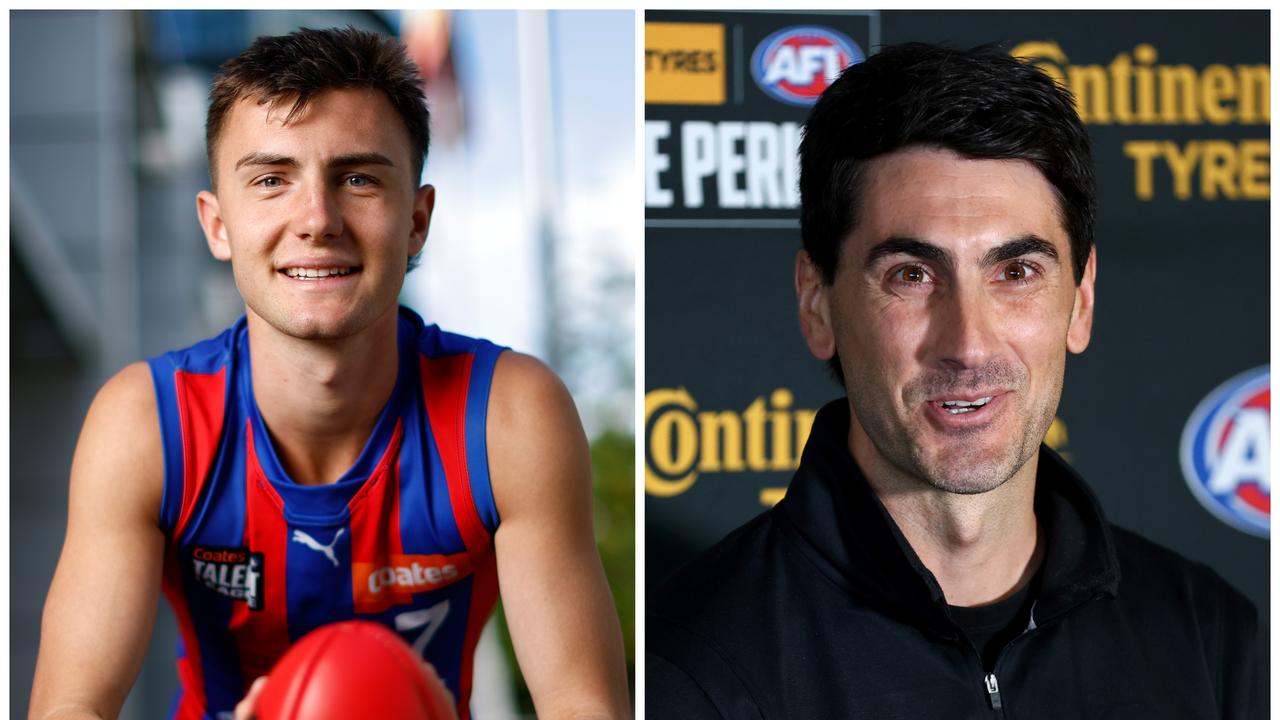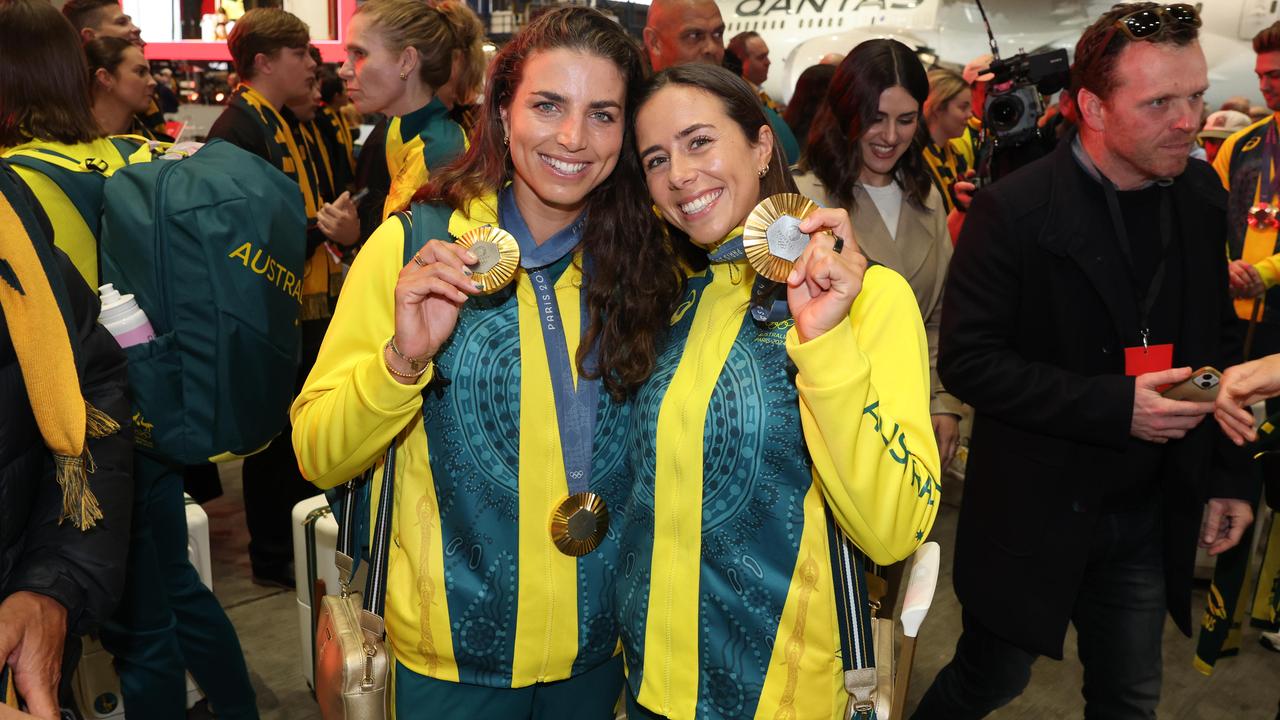Win or lose, Brisbane Lions diehards gear up for grand final second chance

- by Admin
- September 26, 2024

David Farrell remembers a time when saying you were a supporter of Brisbane’s AFL team would be met with derogatory slurs. The one-eyed, self-confessed megafan knows the hard times better than most. He’s been a member since 1993 – before they were even called the Lions – and has barely missed a home game since.
These days that couldn’t be easier: he lives across the road from the Gabba.
“Try being an AFL supporter when they called [it] aerial ping pong or questioned your sexuality,” he says. “They were the tough times.
“The only people who still see rugby league as the dominant sport – beyond absolutely dominant – is some of the newspapers who still give them far disproportionate coverage.”
The worst insults are thankfully long gone but it’s rarely been easy to be a fan of the Victorian sport in the NRL-dominated sunshine state – even after the golden era of triple Lions premierships. Every teenager wants to be the Broncos fullback Reece Walsh; the NRL dominates every back page, every news bulletin, billboard and bus.
The Lions’ performances haven’t always helped. After taking home its final flag in 2003 and a hard-fought loss in 2004, the club fell into two-decade slump, hitting rock bottom in 2017 with the wooden spoon.
But just seven years later, things have changed – fast.
After narrow defeats at grand finals in both codes last year, Lions membership spiked by 15% to a record 63,268. The Broncos boast 53,672 members by comparison, according to the latest count.
Queensland’s NRL clubs have not done well in 2024, with the Broncos not even making the finals. So for Queenslanders, the only game in town this year is the Lions.
And, in the lead-up to the final, Brisbane can’t get enough of the team.
“In fact, I had a couple of mates who come back to the fold this week looking for tickets,” Farrell says. “And I was very polite but in the back of my head I was going, ‘You lazy, treacherous bastards.’”
Thousands of fans turned up to opening training sessions on Tuesday. Some said they travelled up to an hour to Brighton Homes arena, in Springfield in the city’s west, just to watch the training session.
Ken Simmonds and his daughter Michaela were there. Ken is such an avid fan he sponsors a player, Kai Lohmann. His dedication is such that he’s sat in the same Gabba seat for the past 15 years and parked in the same parking spot outside.
“When you’re a fan, you’re a fan,” he says. “Don’t matter how they play, you’re a fan. That’s why I’ve been a fan for 30 years, even when they were following at the table, we still went every week to cheer them and watch them.”
Michaela describes the NRL as “the code that must not be named”. She’s been there for the Lions through thick and thin for the last decades.
“There’s been seasons where we would be super ecstatic if they won a game but you’re still there every game, hoping and wishing for that game, that they would have that win,” she says. “And then we’ve seen the glory days where it was, [are] we actually going to lose?”
Just three minutes’ walk from the Gabba, the Pineapple hotel bills itself as “Brisbane’s favourite AFL venue”. Prue Burgess, the hotel’s marketing and events organiser, said the team there are preparing for an absolute sell-out, with thousands expected at the venue.
after newsletter promotion
She says during the preliminary final the huge old pub was “full to the absolute brim and the grand final will be exactly the same”.
‘We love our players no matter what’
Many described the weekend’s match as a “State of Origin” contest – a battle between New South Wales and Queensland. It’s the first time in two decades that there won’t be a Victorian side at the grand final. But plenty of Victorians will be cheering on the Brisbane side on Saturday.
The cliche barfly Fitzroy supporter, so rusted on he didn’t abandon the club that abandoned his city – the Lions were born from the merger of the Brisbane Bears and the Fitzroy Lions in 1996 – has been immortalised in the works of late Melbourne crime author Peter Temple.
In fact, the Lions still have an official Melbourne pub, the Royal Derby hotel in Fitzroy. The hotel comes complete with a mural of Kevin Murray, Jonathan Brown and Chris Johnson, added just this year.
Brenden Campbell, a Melbourne-based national club historian, says it’s a stereotype they actually welcome.
“That personifies Victoria Football Club, two old wags sitting at the pub in the Napier hotel – the model for the fictional “Prince of Prussia” from [Temple’s] Jack Irish books – which is only a dropkick away from our old historical ground, that’s fantastic,” he says.
“We are diehard, whether we lose by 150 points or win by 150 points. We love our players no matter what.”
No fandom, no matter how fanatical, can earn a team success. But when the club runs on to the field at the MCG, Farrell will be watching from the sidelines with his kids. Losing twice in a row would hurt worse, he says.
“My biggest disappointment would be for my kids and as a family outing,” he says. “We had a cracking time last year. [A win] would have just been the icing on the cake.
“To have a second chance would be just enormously special. I feel like, if we never got there again, I’d feel like ‘job done’.”
The Latest News
-
November 20, 2024Meat pies, rubbish tips and humble beginnings: Day reflects on long-awaited Aussie return
-
November 20, 2024‘It’s not a great drinking trophy’: Aussie LIV star on epic celebrations and motivation to give back
-
November 20, 2024Vote now for what you think is the most memorable moment in Australia vs India cricket history
-
November 20, 2024LIV, the PGA, the PIF, and all that: Gav Kirkman on where Australia sits in golf’s ecosystem
-
November 20, 2024Australian PGA 2024: Marc Leishman hungry to cap ‘best’ year with big Aussie victory – Australian Golf Digest


